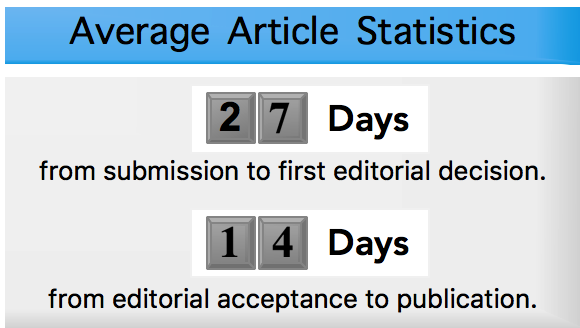Downloads
Abstract
On March 15, 1874, the Nguyen Dynasty and the French colonialists signed the Giap Tuat treaty with many heavy provisions. This compromise action of the Hue court brought about strong reactions from the people of the whole country, especially from those in the Tonkin region and Central Vietnam. Many revolts broke out both against the French colonialists and against the feudal court’s compromise and surrender. Through the court’s action of giving some the land to the invader, Nghe Tinh people in general and Ha Tinh in particular realized that since then they could not separate the revolts against the French colonialists from the ones against the imperial court. The inherent class conflict which had been temporarily suppressed flared again. The conflict between the Vietnamese and the French Empire, between classes is the origin of the Co Vang revolt in Giap Tuat Year in Ha Tinh under the leadership of Tran Quang Can. Although lasting only six months, the uprising caused great difficulties for the French colonialists and the compromising feudal court, highlighting the passionate patriotic tradition and Ha Tinh people’s strong spirit of fighting invaders. This was also the first flame just to burst out again 10 years later, strongly and fiercely, in the Can Vuong Movement.
Issue: Vol 1 No X3 (2017)
Page No.: 5-15
Published: Dec 31, 2017
Section: Research Article - Social Sciences
DOI: https://doi.org/10.32508/stdjssh.v1iX3.446
Download PDF = 2744 times
Total = 2744 times

 Open Access
Open Access 








